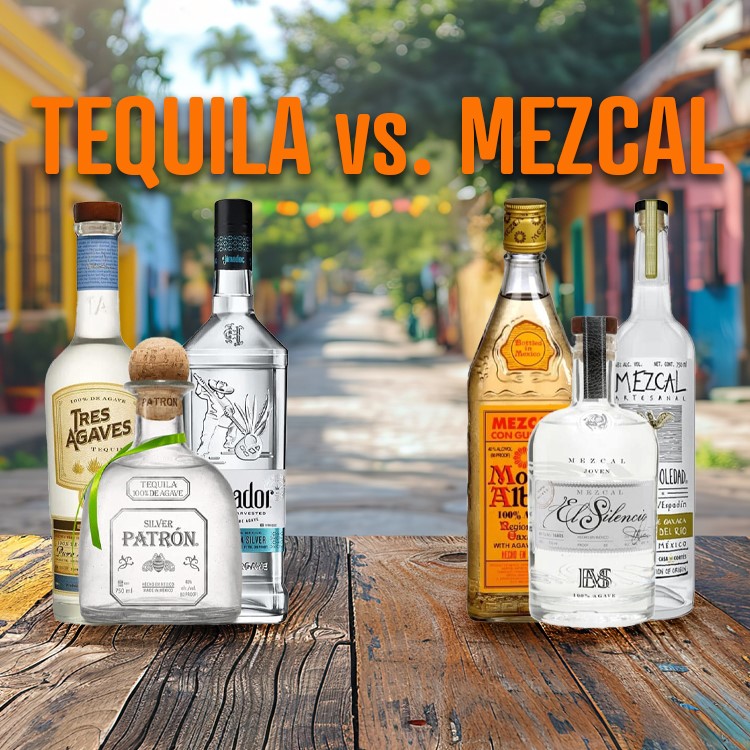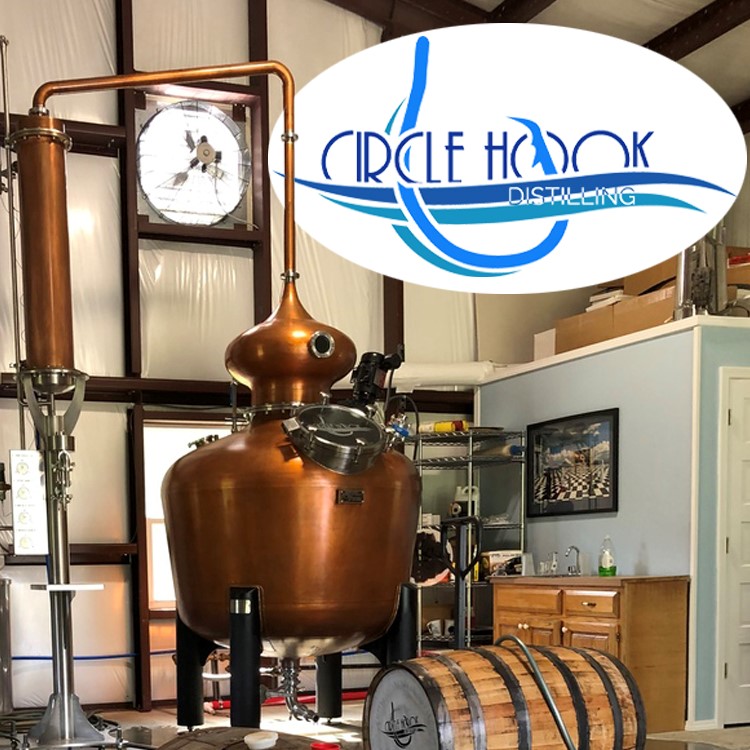Tequila and Mezcal are both Mexican spirits derived from agave plants, but they have several key differences rooted in their production processes, agave varieties, and regional origins. Here’s a breakdown of their main distinctions:
1. Agave Varieties
- Tequila: Until 1949, Tequila had to be 100% Blue Agave (Agave tequilana Weber var. azul), those numbers were relaxed to 70% in 1964 and further reduced to 51% in 1970 where it has remained since
- Mezcal: Is 100% agave, but can be made from various types, with over 30 varieties commonly used, such as Espadín, Tobalá, and Madrecuixe. Espadín is the most commonly used agave for mezcal.
2. Geographic Origin
- Tequila: Primarily produced in the state of Jalisco and in limited regions in four other states: Guanajuato, Michoacán, Nayarit, and Tamaulipas.
- Mezcal: Production is more widespread, though it is predominantly produced in Oaxaca. Other states include Durango, Guerrero, San Luis Potosí, Puebla, and Zacatecas.
3. Production Process
- Tequila: The piñas (agave hearts) are typically steamed in industrial ovens and then distilled in copper pots.
- Mezcal: The piñas are roasted in underground pits lined with volcanic rocks, which imparts a distinctive smoky flavor. They are then crushed, fermented, and distilled, often in traditional clay pots.
4. Flavor Profiles
- Tequila: Generally has a cleaner, smoother taste with more vegetal and citrus notes. It varies by type:
- Blanco (Silver): Unaged or aged for up to 2 months.
- Reposado: Aged for 2 months to 1 year in oak barrels.
- Añejo: Aged for 1 to 3 years in oak barrels.
- Extra Añejo: Aged for over 3 years.
- Mezcal: Known for its complex and smoky flavor, which can vary greatly depending on the agave type and production method. It is less common for Mezcal to be aged, however, three categories can be found:
- Joven (Young): Unaged or aged for up to 2 months.
- Reposado: Aged for 2 months to 1 year.
- Añejo: Aged for at least 1 year.
5. Regulations and Denominations of Origin
- Tequila: Governed by strict regulations under the Tequila Regulatory Council (CRT) and must meet specific standards to be labeled as tequila.
- Mezcal: Regulated by the Mezcal Regulatory Council (CRM) with broader standards due to the diversity of agave species and traditional methods.
6. Cultural Significance and Use
- Tequila: Widely known internationally, often consumed in cocktails like the Margarita or straight in shots.
- Mezcal: Traditionally consumed neat to appreciate its complex flavors and is gaining popularity in craft cocktail bars globally.
While both Tequila and Mezcal are agave-based spirits from Mexico, they differ significantly in terms of agave species used, production processes, regional origins, and flavor profiles. Tequila is made exclusively from blue agave and has a cleaner, more refined taste, while Mezcal is made from various agave species and has a distinct smoky flavor due to its traditional production methods.





